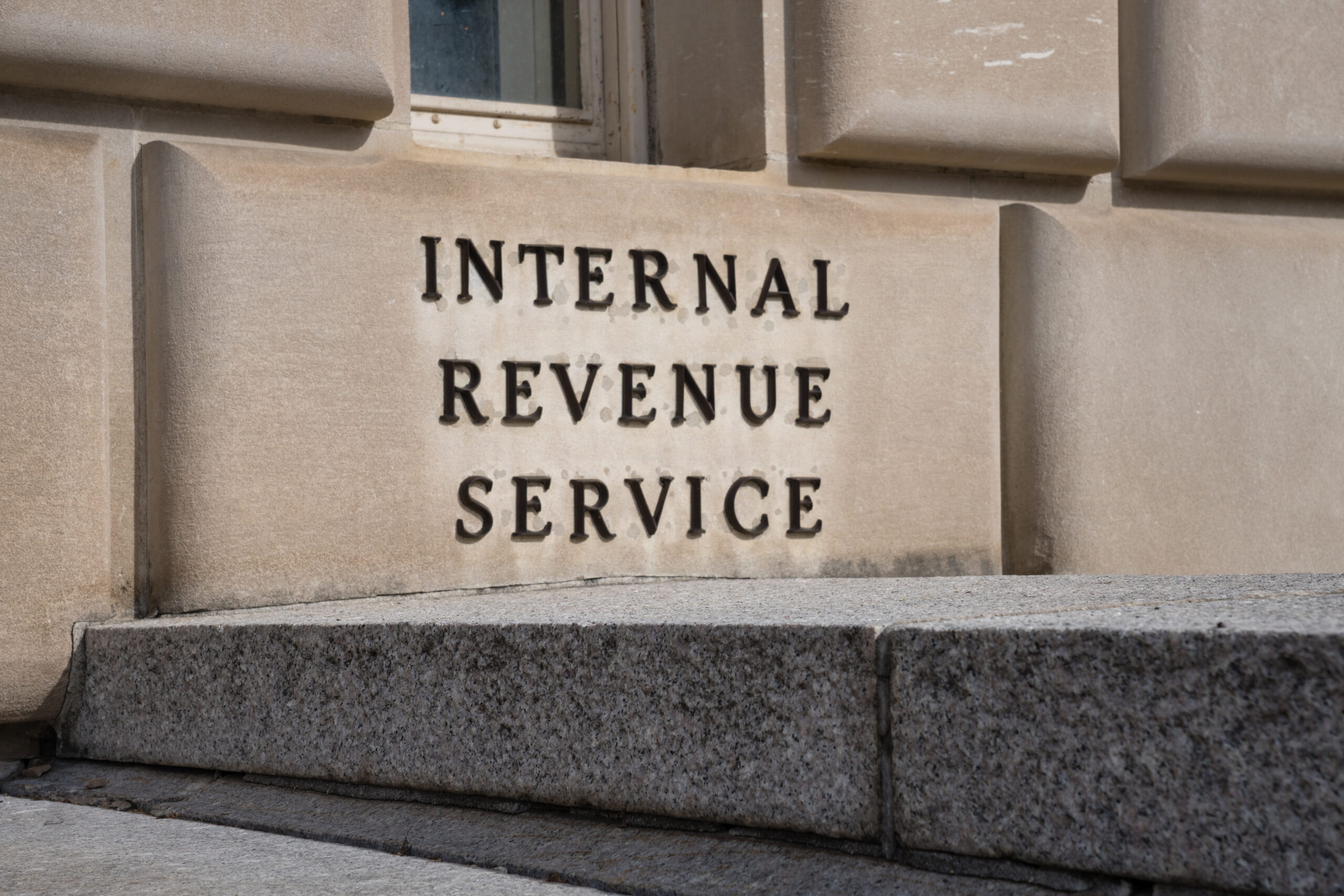Tax strategy is a critical component of a company’s overall financial health, impacting everything from cash flow and profitability to compliance and risk management. At the heart of effective tax strategy is the Chief Financial Officer (CFO), whose role is to ensure that the company’s tax planning aligns with its broader financial goals and business objectives.
In this installment of our Tax Optimization Series, we’ll explore the pivotal role a CFO plays in tax strategy, and how their expertise can drive significant savings and value for the business.
1. Integrating Tax Strategy with Business Goals
The CFO’s primary responsibility is to align the company’s tax strategy with its overall business goals. This integration ensures that tax planning is not done in isolation but as part of a comprehensive approach to financial management.
- Long-Term Planning: A CFO develops tax strategies that support the company’s long-term growth and profitability goals. This includes planning for future tax liabilities, managing cash flow, and ensuring that the company can reinvest its savings effectively.
- Strategic Decision-Making: The CFO plays a key role in strategic decision-making, such as determining the optimal business structure, evaluating potential mergers and acquisitions, and planning for international expansion. Each of these decisions has significant tax implications that must be carefully managed.
- Risk Management: By anticipating and managing tax risks, the CFO helps the company avoid costly penalties and ensure compliance with all applicable tax laws. This proactive approach to risk management protects the company’s financial health and reputation.
Key Takeaway: The CFO ensures that tax strategy is fully integrated with the company’s business goals, driving long-term value and minimizing risks.
2. Leveraging Tax Credits and Deductions
One of the most impactful ways a CFO can optimize a company’s tax strategy is by identifying and leveraging tax credits and deductions. These opportunities can significantly reduce the company’s tax liability and free up capital for other business initiatives.
- Maximizing Deductions: The CFO is responsible for ensuring that the company takes full advantage of all available tax deductions, from operational expenses to capital investments. By maintaining accurate records and working closely with the accounting team, the CFO ensures that nothing is overlooked.
- Identifying Tax Credits: The CFO keeps the company informed about relevant tax credits, such as those for research and development (R&D), energy efficiency, and hiring. By strategically planning activities that qualify for these credits, the CFO can generate substantial savings.
- Planning for Depreciation: The CFO manages the company’s approach to asset depreciation, ensuring that it aligns with the company’s cash flow needs and tax strategy. This includes deciding whether to take full advantage of immediate deductions like Section 179 or to spread out depreciation over time.
Key Takeaway: The CFO plays a critical role in identifying and maximizing tax credits and deductions, ensuring that the company’s tax strategy is as efficient as possible.
3. Managing Compliance and Reporting
Tax compliance is a complex and ever-changing landscape. The CFO is responsible for ensuring that the company remains compliant with all tax laws and regulations, both domestically and internationally.
- Staying Current with Tax Laws: The CFO must stay informed about changes in tax laws and regulations that could impact the company. This includes monitoring legislative developments, IRS rulings, and court decisions that could affect the company’s tax position.
- Overseeing Tax Reporting: The CFO oversees the preparation and filing of all tax returns, ensuring that they are accurate, timely, and compliant. This includes coordinating with the accounting team and external tax advisors to gather necessary information and documentation.
- Audits and Disputes: If the company faces a tax audit or dispute, the CFO is the point person for managing the process. This involves working with tax authorities, preparing documentation, and negotiating settlements if necessary.
Key Takeaway: The CFO ensures that the company remains compliant with all tax obligations, reducing the risk of penalties and audits.
4. Facilitating Effective Communication and Coordination
Tax strategy involves multiple stakeholders, both within and outside the company. The CFO plays a crucial role in facilitating communication and coordination among these stakeholders to ensure that the tax strategy is well-executed.
- Internal Collaboration: The CFO works closely with the CEO, board of directors, and other members of the executive team to ensure that tax strategy aligns with the company’s overall goals. This collaboration ensures that tax considerations are part of every major business decision.
- Engaging with External Advisors: The CFO coordinates with external tax advisors, accountants, and legal counsel to ensure that the company receives expert advice and stays compliant with all tax laws. This collaboration is especially important for navigating complex tax issues such as international tax planning and mergers and acquisitions.
- Employee Education: The CFO may also be responsible for educating employees about tax-related matters, such as the importance of proper expense reporting or the tax implications of employee benefits. This ensures that everyone in the company understands their role in supporting the company’s tax strategy.
Key Takeaway: The CFO acts as a central hub for communication and coordination, ensuring that the company’s tax strategy is executed smoothly and effectively.
The CFO as the Architect of Tax Strategy
The role of the CFO in tax strategy is multifaceted and essential to the financial success of the business. From aligning tax planning with business goals to maximizing credits and deductions, managing compliance, and facilitating communication, the CFO is the architect of a tax strategy that drives value and minimizes risk.
At The William Stanley Group, we understand the critical role that tax strategy plays in your company’s financial health. As your Fractional CFO, we’ll work closely with you to develop and implement a tax strategy that supports your business goals and maximizes your savings. Our collaborative approach ensures that you have the expert guidance and support you need to navigate the complexities of tax planning.
Ready to optimize your tax strategy with a holistic financial approach? Contact us today to learn how The William Stanley Group can support your business and connect you with the right tax professionals to achieve your goals




